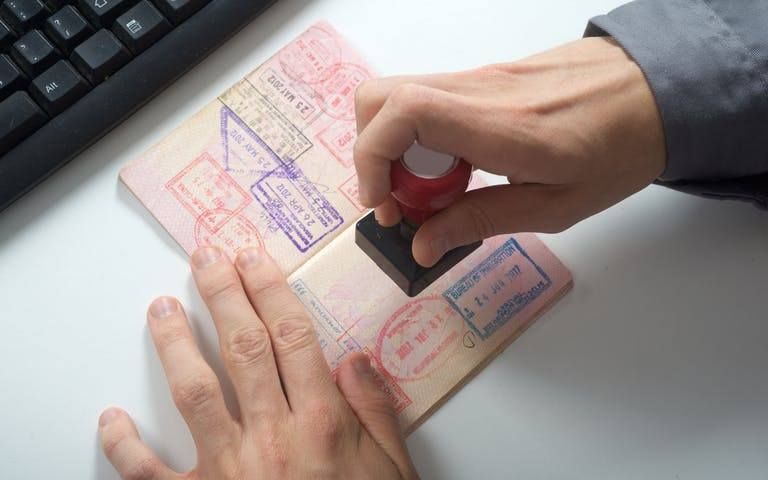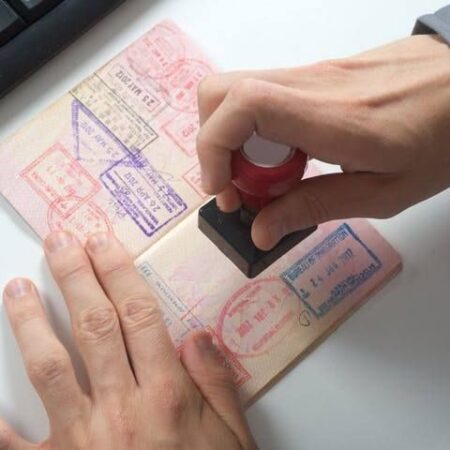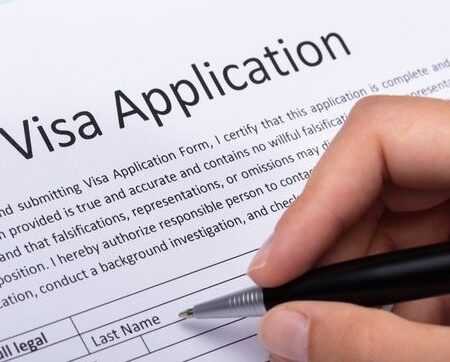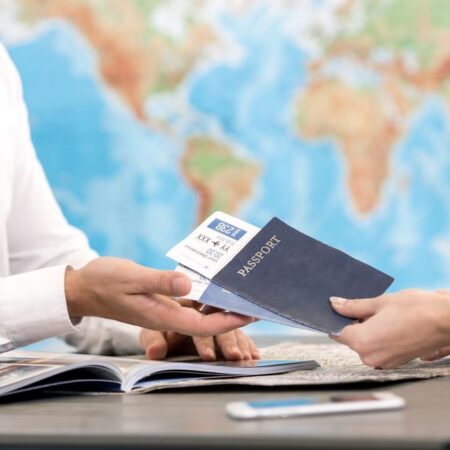
Studying or working abroad is one of the most life-changing experiences you can have. It opens doors to education, career opportunities, and cultural exposure that can shape your entire future. However, one of the most important yet often overlooked aspects of this journey is maintaining a valid visa status. Losing your visa or violating its conditions can result in fines, deportation, or even a permanent ban from reentering that country.
Whether you are studying in Canada, the United Kingdom, Germany, the United States, or Australia, understanding how to keep your visa valid is essential for your peace of mind and long-term success. This article provides a detailed, step-by-step guide to help you stay compliant with immigration laws and avoid costly mistakes, with practical insights from students and professionals who have successfully maintained their visas abroad.
Understanding Your Visa Type and Its Conditions
The first and most important step to keeping your visa valid is understanding the specific conditions attached to it. Every visa type, whether it’s a student visa, work permit, post-study visa, or internship visa — comes with its own rules.
For example, student visas typically limit the number of hours you can work while studying, require full-time enrollment, and mandate reporting any change in your academic status or address. Work visas, on the other hand, often tie you to a specific employer or job role, and switching employers may require a formal update or new application.
Many students and professionals get into trouble simply because they do not fully understand what their visa allows or prohibits. Therefore, always read your visa approval notice, consult your school’s international office, or check the official immigration website of your host country to clarify all requirements before you make any decisions.
Maintain Full-Time Enrollment or Authorized Employment
If you are studying abroad, maintaining full-time enrollment is a core condition of most student visas. Dropping out, taking unauthorized leave, or switching to part-time studies can lead to automatic visa cancellation.
Always communicate with your school’s international office before making any academic changes such as course withdrawal, program transfer, or a break in studies. In most countries, universities are legally required to report any changes in a student’s status to immigration authorities, so staying transparent protects you from unexpected penalties.
For those on work visas, ensure that your employment status remains valid. If you change jobs, get promoted, or experience a contract termination, notify your immigration office immediately. Many countries require your employer to sponsor or confirm your visa, meaning that any change in employment can affect your legal status.
Keep Your Passport and Documents Up to Date
Your visa is only valid if your passport is valid. Always check the expiration date of your passport and renew it well before it expires. Some countries require your passport to remain valid for at least six months beyond your planned stay.
In addition to your passport, keep digital and physical copies of important documents such as your visa approval letter, residence permit, proof of school enrollment, job contract, and travel insurance. Having these documents readily available can save you time and stress in case of emergencies or random immigration checks.
Report Any Change of Address or Contact Information
Many international students and workers forget that immigration authorities must always have your up-to-date address and contact details. If you move to a new apartment, change phone numbers, or switch email addresses, you are usually required to update that information within a specific timeframe, often between 10 to 30 days.
Failing to report these changes may seem minor, but in some countries, it is considered a violation of immigration law. A simple update can make the difference between staying compliant and facing unnecessary complications.
Do Not Exceed Work Hour Limits
One of the most common mistakes students make is working beyond the legal limit allowed by their visa. Most student visas permit part-time work, typically between 10 to 20 hours per week during academic sessions and full-time during school breaks.
Working extra hours without authorization might seem harmless, but it is one of the easiest ways to lose your visa status. Immigration authorities monitor employment through tax records, so violations can easily be detected. Always stay within your permitted limits, and if you want to work more hours, consult your international advisor about applying for a special work authorization.
Renew Your Visa and Residence Permit on Time
Visa renewal deadlines are strict, and missing them can lead to severe consequences. Start the renewal process early, ideally three months before your visa expires. Some countries have online portals that allow you to apply for extensions or renewals, while others require an in-person appointment.
Keep track of your visa’s expiry date by setting calendar reminders. It is also wise to know the processing time in your host country, as renewals can take several weeks. Applying late might mean living in the country illegally, even for a few days, which can jeopardize future visa applications.
Travel Carefully and Know Reentry Requirements
If you plan to travel outside your host country during school breaks or vacations, check your visa reentry rules. Some visas require reentry permits or new visa stamps before you can return. For example, certain U.S. student visas need a valid travel signature on your I-20 form, while some European residence permits require a specific reentry visa.
Before you leave, make sure your passport, visa, and residence permit are all valid for reentry. If not, contact the nearest immigration office or your school’s visa office for guidance.
Stay Away from Legal Trouble
Criminal charges, unpaid fines, or violations of local laws can have a direct impact on your visa status. Even minor offenses such as driving without a license, disturbing public order, or failing to pay rent can be reported to immigration authorities.
Always familiarize yourself with local laws, respect community rules, and avoid risky behaviors. Your reputation as an international student or professional matters, maintaining a clean record can also help you qualify for permanent residency or post-study work opportunities later.
Keep Good Communication with Your Sponsor or Employer
If your visa is sponsored by a school, employer, or organization, maintain open communication with them. Notify them of any changes to your study or work conditions. For example, if you decide to change research topics, departments, or job roles, let your sponsor know before taking action.
Many visa holders lose their status because they make changes independently without realizing that their sponsors must officially update the immigration authorities on their behalf.
Seek Professional Guidance When in Doubt
Immigration laws change frequently, and what was valid a year ago may not apply today. If you are unsure about a rule, don’t rely solely on social media or hearsay. Seek official advice from your university’s international student office, your employer’s HR department, or an accredited immigration lawyer.
Professional guidance can help you avoid mistakes and give you peace of mind, especially when you are applying for extensions, work authorizations, or switching visa types.
Keeping your visa valid while studying or working abroad is more than a legal requirement, it is a commitment to responsibility, discipline, and respect for your host country’s laws. Every successful international student or professional understands that visa compliance is part of achieving long-term goals such as graduating, securing employment, or obtaining permanent residency.
By understanding your visa conditions, renewing your documents on time, respecting work and study limits, and maintaining open communication with authorities or sponsors, you can stay fully compliant and focus on what truly matters, your education, career, and global experience.
Remember, the key to a smooth journey abroad is preparation and awareness. A valid visa ensures uninterrupted opportunities and peace of mind while you build your future beyond borders.
Fill this FORM to get visa support today.







No Comment! Be the first one.